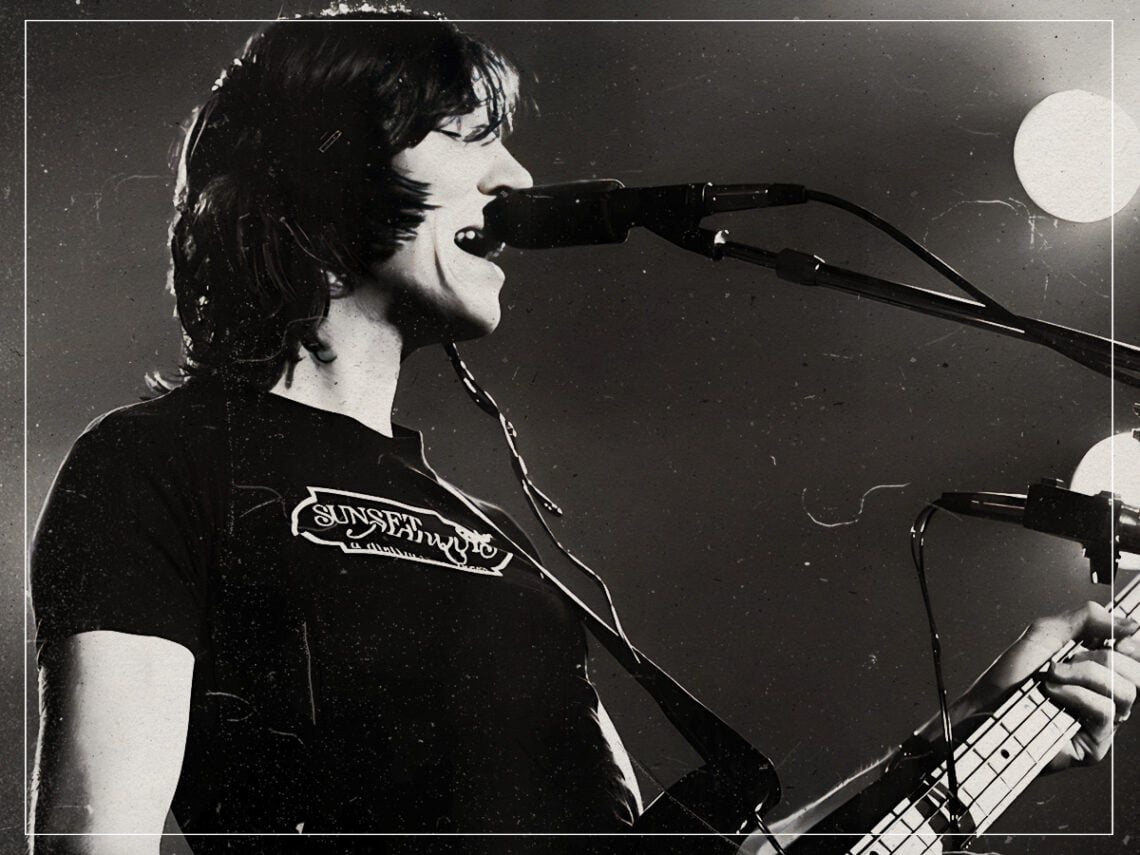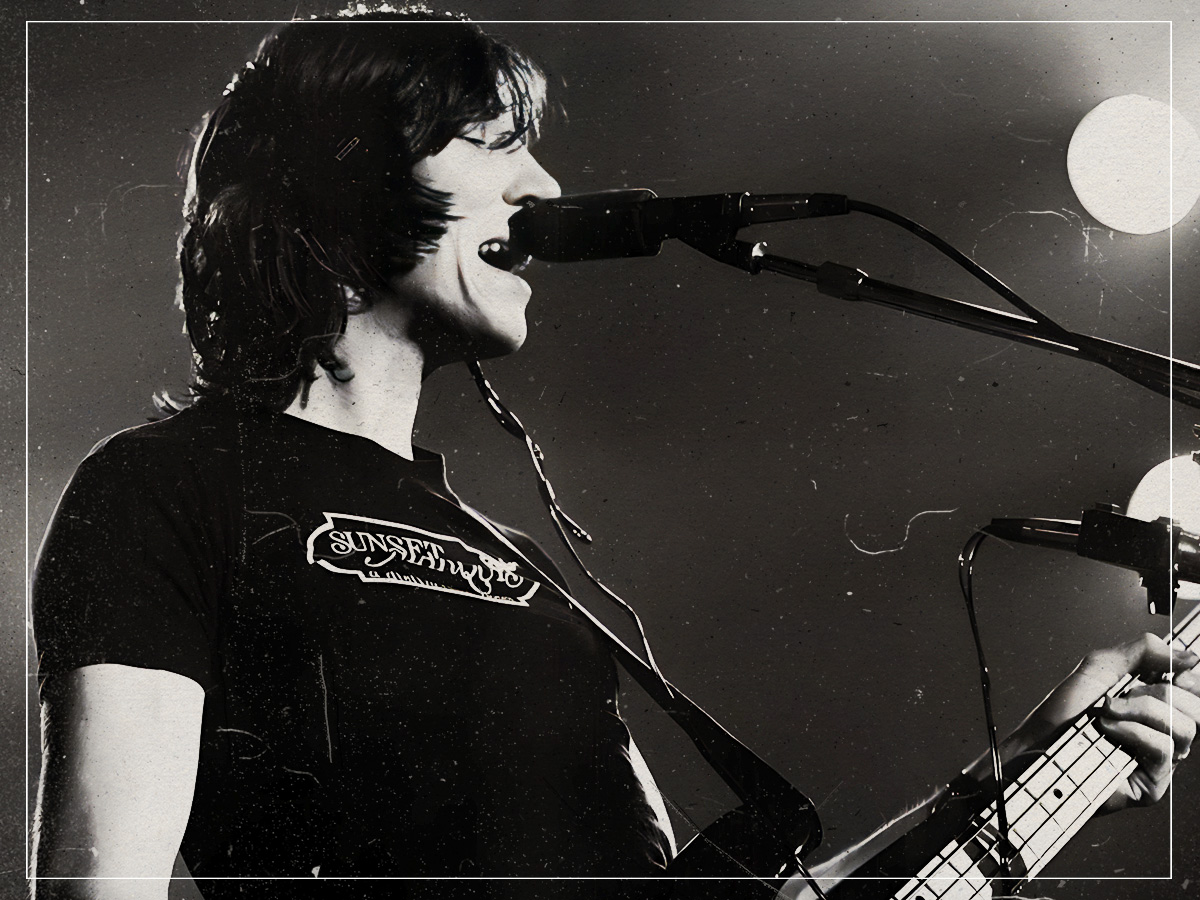
(Credits: Far Out / Alamy)
Sat 11 October 2025 14:15, UK
It was never easy for Roger Waters to completely separate himself from Pink Floyd.
He had spent most of his professional career up until that point building the band up, and by the time of The Wall, he had practically turned into their leader in many respects. There were bound to be a few times when he overstepped his bounds, but after he officially left the group, he never could have imagined the band continuing on without them.
Granted, it’s not like Floyd moving on without their main songwriter was a completely new idea. Fleetwood Mac had soldiered on countless times with someone else at the helm, AC/DC had changed singers and turned in one of the best albums of their career, and even bands like the Allman Brothers found ways to keep things going without their musical older brother, Duane, being there. So what would make this version any different?
Well, it might have had more to do with Waters’s controlling issues. He knew that the legacy of Floyd should be about making great conceptual work, and without the main conceptualist in the group, what was the point in continuing? As it turned out, though, there was a lot more that went into a record than a bunch of good musical observations, and David Gilmour and Nick Mason weren’t going to let their musical baby die.
And it’s not like Waters was the sole writer by any stretch. Yes, The Wall and The Final Cut were his creations in many senses of the word, but judging by how well the latter panned out, it’s not like everyone was eager to work with him again. Because if there’s one thing that unites the best Floyd records, it’s the collaboration between everyone.
Animals relies on the band jamming together, Wish You Were Here remains a beautiful tribute to Syd Barrett thanks to everyone adding their signature touches, and even on a record like The Wall, the fact that Gilmour’s contributions ended up being the best moments on the record really should speak volumes about the quality of the record.
But that didn’t stop Waters from feeling deeply hurt when he heard about them going out on tour all over again, saying, “I almost never think about it, but for Dave and Nick [Mason] to be going around the world playing in football stadiums the very songs that I wrote in protest of that rank kind of commercialism felt very much to me like my children being sold into prostitution. It was very painful, and if I could have stopped it, I would have.”
It might sting a little bit knowing that they didn’t have the core member there, but even if he wrote a majority of the lyrics, it’s a little irrational to be hurt over singing his words a bit too much. I mean, there are plenty of Fleetwood Mac fans that were happy to listen to Stevie Nicks and Lindsey Buckingham interpret their old material, but Peter Green wasn’t sitting there unhappy every time he heard them play ‘Oh Well’.
If anything, the lawsuit that eventually resulted from them being at each other’s throats reads more like sour grapes half the time. Waters did have every reason to be upset that the band were still riding high while he was starting back at zero for his solo career, but the idea that he somehow embodied everything that was Pink Floyd would involve the listening public to perform several leaps of logic.
Related Topics

